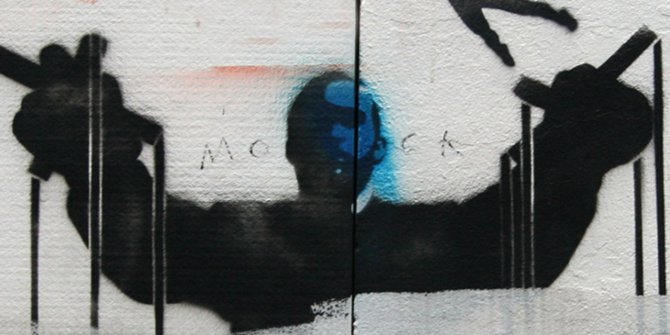Sexual abuse is no joke, though people will occasionally treat it like one. The music industry in particular, with its old adage of sex, drugs and rock ‘n’ roll, is arguably one of the most highly sexualized industries in America.
Though procedures and protocols involving sexual assault have improved over the past few years, the United States still faces the same problems prior generations faced: victim-blaming and disbelief. One of the most important advances supporting this revolution is the consent tea analogy video, where sexual consent is equated to asking someone if they’d like a cup of tea: You can make the person the tea, and they may say that they want the tea when you ask them, but if the person suddenly decides that they don’t want tea, you cannot force them to drink the tea.
In recent weeks, New York State Supreme Court judge Shirley Kornreich denied pop singer Kesha a preliminary injunction to release her from her recording contract with Kemosabe Records, a branch of Sony Music Enterprises run by Lukasz Gottwald, better known as Dr. Luke, her producer and alleged rapist. This case, which Kesha filed in 2014, has catapulted the singer, best known for her middle school dance anthems like “Tik Tok,” “We R Who We R” and “Your Love Is My Drug” back into the spotlight for the first time since her collaboration with Pitbull on the song “Timber” in 2013.
Kesha’s legal battle has brought to light a subject most music producers and artists prefer to keep under wraps. Sexual abuse in the music industry seems to exist in this so-called grey area that isn’t very well-defined due to America’s storied history involving hypersexualization and sexual abuse.
In the late 1960s and early 1970s when rock ‘n’ roll reached its apex and bands like Led Zeppelin, The Who and The Rolling Stones garnered a larger, cult-like following, a group of young girls deemed “baby groupies” began hanging around nightclubs all along Sunset Boulevard in Hollywood. These young girls, dressed promiscuously and led by the enigmatic Sable Starr, Lynn “Queenie” Koenigsaecker and Lori Lightning, were well-known for their sexual escapades ensnaring famous musicians like Jimmy Page, David Bowie, Mick Jagger and many others, according to a tell-all interview written for Thrillist, an entertainment website for men.
However, they were markedly underage, as the legal age of consent in California was 18 and most of them were between 15 and 16. Their relationships were an open secret in the music industry. Tabloids like Star took these baby groupies and catapulted them into further stardom, using the girls’ lives as fodder for their short-lived magazine. Though it only ran for five issues in 1973 before succumbing to pressures from the general population, the features on the aforementioned groupies glorified their behaviors, Playboy spreads and scandalous relationships.
Though the baby groupies’ relationships with these alluring, older musicians were consensual, the relationships would be considered statutory rape because of the age of the girls. Certainly, these baby groupies rose to fame at a much different time than the present, but the same principles applied then as they do now.
The music industry has definitely improved since the 1970s when it comes to sexual abuse in the media, as the rest of the United States has; but, the music industry still has a major sexualization problem to this day. In the 1980s and 1990s, there were not many reported accounts of sexual abuse most likely due to the stigma surrounding it; however, the advent of MTV in 1981 has since led to a larger trend towards hypersexualization. This began with the rise in popularity of sex icons like Madonna and Beyoncé, two of the most popular artists who still make headlines today. Their rise to fame set a standard that many female artists now try to match, marking a change in image that led to the hypersexualization of artists over the fans that followed them.
Look at the evolution of artists like Miley Cyrus, for example: she started off as a sweet, conservatively dressed singer but has since morphed into a sex icon due to pressures put on her by the music industry to sell music through sex. The music industry should let Kesha’s case serve as a turning point for future changes to the culture they propagate through the image of hypersexualized artists and bands.
Lady Gaga, who also recently opened up about her history as a survivor of sexual assault, gave a moving performance of her song “Til It Happens To You” from the movie “The Hunting Ground” at the 88th Academy Awards on Feb. 28. Gaga’s performance, which garnered a lot of attention when “The Hunting Ground” premiered at the Sundance Film Festival on Jan. 23, shows that today’s culture is truly pushing to get rid of the stigma that surrounds sexual abuse. Our society, in particular the music industry, desperately needs to change because if not, instances like Kesha’s alleged abuse will merely be the first in a long line of sexual abuse cases that make it to the courts.


Leave a Reply